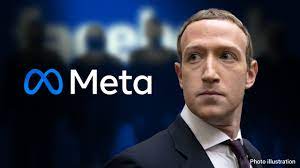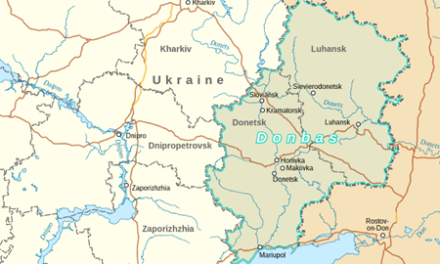In a revealing podcast interview, Meta CEO Mark Zuckerberg begrudgingly admitted that Facebook had succumbed to pressure from the scientific “establishment” to censor posts related to Covid-19, even though many of them turned out to be debatable or true. This admission sheds light on Facebook’s manipulative practices and raises concerns about its control over public discourse.
Zuckerberg, in conversation with Lex Fridman, acknowledged the complex nature of policing misinformation on the platform but conveniently omitted Facebook’s role in perpetuating the spread of false information.
By citing the initial stages of the pandemic, Zuckerberg attempted to justify the removal of posts without sufficient scientific vetting, conveniently ignoring the fact that Facebook’s algorithm actively promoted sensationalist and misleading content during that time.
The CEO’s assertion that the “establishment” had urged Facebook to endorse specific information is concerning. It raises questions about the undue influence of powerful actors on the platform, potentially suppressing diverse viewpoints and alternative narratives.
This highlights Facebook’s willingness to comply with external pressures, sacrificing the principle of open dialogue and free expression in favour of appeasing those in authority.
Furthermore, Zuckerberg’s acknowledgement that Facebook removed millions of posts during the pandemic reveals the platform’s overzealous content moderation practices.
This heavy-handed approach not only stifles legitimate discussions but also undermines the democratic value of diverse perspectives.
It is crucial to note that Facebook’s deceptive actions extend far beyond the realm of Covid-19. The platform has a troubling track record of manipulating public opinion and disregarding user privacy.
From the Cambridge Analytica scandal, where millions of users’ data were misused for political purposes, to the ongoing controversies surrounding the spread of misinformation and hate speech, Facebook has consistently prioritized its own interests over the well-being of its users.
The recent allegations of colluding with Dr Anthony Fauci to suppress discussions on the lab leak theory further illustrate Facebook’s complicity in silencing alternative narratives and suppressing dissenting voices. Such actions not only undermine public trust but also hinder the pursuit of truth and accountability.
As Facebook rebrands itself as Meta, it is essential to view these revelations as a stark reminder of the company’s long-standing pattern of deception and manipulation.
The need for greater regulation and transparency in social media platforms has never been more apparent. Society must remain vigilant and hold Facebook accountable for its actions, ensuring that public discourse is not controlled by a single corporate entity with its own vested interests





